Apple has spent extraordinary amounts of money building strategic placed Apple Stores around the world. Who should benefit most from Apple's work: Microsoft, Google or maybe Sony?
Given Apple's success in building retail stores that customers love and which have contributed significantly to its own efforts to initially launch new Macs and iPods, then to debut the new iPhone and iPad, and now show off the upcoming Vision Pro, is it now time for the world's governments to seize control of these outlets and force Apple to work just as hard selling the products of its competitors?
Rise of the Apple Store
The initial work of launching its own Apple Stores was initiated in 1997 by Steve Jobs as one of the first problems that needed to be fixed at the then-struggling Apple Computer. Macs were at the time sitting disheveled in department stores or in a corner "store within a store" inside CompUSA discounters.
After hiring an experienced retailer, Apple Retail set to work to create and built its own idea of how to introduce new products to customers, how to support them with a friendly help desk, and how to create shelves of enticing products that would make buyers feel comfortable about dropping serious coin on premium technology products.
Starting in 2001, Apple began opening new retail stores across the United States just in time to have an inviting place to demonstrate its brand new Mac OS X and the new iPod. It also provided a way for Apple to help create a retail platform to show off software and accessories built by third parties.
They scoff... then they copy
Apple Stores were initially scoffed at by so-called experts. Many technology companies had already made efforts to do something similar and had largely failed. Cow themed PC maker Gateway 2000 had just built out hundreds of stores only to find itself in big trouble ahead of its precipitous decline.
Sony, which in 1999 was living the dream as the Apple of its day, had embarked on a concept of building "urban entertainment centers," notably including San Francisco's Metreon, as well as retail flagships in Tokyo and in Berlin's glitzy new Potsdamer Platz project.
One of the San Francisco Metreon's key tenants beyond Sony itself was Microsoft, hoping to excite technology enthusiasts with its Windows PCs and the ill fated WebTV Network for browsing on your television. Microsoft gave up and shuttered that early experiment in retail by 2001.
Given those retail flops, it's not surprising that consultant David Goldstein of Channel Marketing Corp said of Apple's retail plans at the time, "It makes absolutely no sense whatsoever for them to open retail stores."
Goldstein claimed Apple's retail strategy wasn't going to work because consumers "haven't indicated that they're having trouble finding outlets that sell Macs," adding, "It's another case of Apple being Jobs driven and not consumer driven."
Yet while Sony and Microsoft both failed at selling their technology at Metreon, just a couple blocks away Apple opened its own flagship retail store in the same neighborhood to markedly different results. By 2007, Sony and Microsoft were gone but Apple had customers lined up around the block waiting to buy the new iPhone.
Year after year, I remained one of them!
The only reason Apple isn't still there is because it built a larger, fancier flagship a few blocks away at Union Square. Once Apple had built a series of globe-encircling its retail stores to roaring success, many of its competitors again tried to start over and copy its winning strategy.
The Microsoft world's Apple Stores
At its headquarters in Redmond, Washington, Microsoft initially tried to come up with its own original ideas to help the public buy its products at retail. At first it imagined that would "deliver targeted, real-time information to a shopping cart or a consumer's mobile phone to help impact buying decisions," some truly dystopian horror that it couldn't ultimately deliver, thankfully.
But ongoing Apple's success in retail forced Microsoft to instead initiate a very expensive effort to build its own new network of retail stores that appeared to be straight up copies of Apple's work. That should surprise no one. Yet despite being almost confusingly similar in visual design and layout, Microsoft found itself unable to maintain its consistently unprofitable, often largely empty retail stores.
Microsoft Stores were often built near a strategically functional Apple Store. They were hailed as a way for the Windows company to launch its own new hardware efforts, including Windows Phones, Surface PCs and tablets, Band watches and other gear. Yet these fancy retail outlets repeatedly failed to prevent Microsoft from blundering through a series of embarrassing flops.
In 2020, Microsoft used Covid-19 as an excuse to shutter its global retail store efforts. Retailing was too difficult and too expensive to figure out, even when apparently lifting all the answers from Apple's work. The strategy that had seemly worked for Windows 95 wasn't working this time around.
Making an expensive copy of Apple Stores was as difficult and as unsuccessful as Microsoft's efforts to make expensive copies of Macs, iPods, iPhones, iPads, and the other gear Apple had no problem creating and selling. The real problem must have been Microsoft's corporate culture, which also led it to shamelessly copy other's work in the first place.
The Google world's Apple Stores
Microsoft wasn't the only company to dabble at ineffectually copying Apple's retail efforts. Rather than working to fully duplicate Apple's long term, strategic retail efforts and build out actual retail stores with lavish details in prime locations just like Apple, Google did what Google could be expected to do.
Google half-assedly rolled out some "store within a store" outlets in 2015 in the model of Apple's own limited-benefit, limited rewards efforts of the late '90s. It then made low cost efforts to open mall kiosks with the hope that these cheap outlets would help it launch Nexus phones, Chromecast dongles, Daydream and Cardboard VR headsets, Pixelbooks, Stadia gaming, Duo, Nest, Fitbit and other billion dollar brands with shorter lifespan than a Nexus 5 Replicant from Bladerunner.
Google's efforts at rolling out some popup retail spots, along with retail shops in a few of its office locations, have been copied by other Android makers with a similar degree of success. Traveling in China, I was overwhelmed by how many phone-related shops there are in the area where Apple's hardware partners build lots of its products. Many were glitzy and large, but virtually all of them seemed to be mostly empty all of the time.
In the United States and throughout Europe, there are also lots of mall stores and even some dedicated shops operated by Samsung, Huawei and other Android licensees, as well as the throngs of mobile carriers selling every product they carry. Yet none of these companies are making significant money from their sales of high end smartphones, and few are selling any large number of tablets or computers or any of the other things Apple is selling in volume at retail. The majority of the products they do sell are not really being sold through retail outlets.
Do the world's governments need to stop this imbalance of retail power?
Should the U.S. Congress, the EU, and perhaps the PRC all jump in an enact legislation that forces the Apple Store to devote its store shelves equal space to Microsoft, Google, perhaps Sony and all the other makers and marketers who couldn't figure out how to do their own retail sales?
Should Apple be forced to sell Surface and Chromebooks and Sony VAIOs next to its own Macs, perhaps with rules that Apple's sales staff give unbiased recommendations based on guidelines drafted by Microsoft and Google and Sony?
Before you buy an iPhone, should you have to read through a booklet created by the Android Alliance explaining how an Android phone might be right for you, and look its way cheaper, and malware doesn't really exist, and you have customization options. And messaging is a bit of a mess but we're also working on forcing Apple to fix that for us as well.
According to the Green Bubbles replacement theory, as extolled by Android Enthusiasts, Apple's Messages server infrastructure must be forced to accommodate equal access, specifically in the color Apple Blue, to infected and insecure Android devices and to enable unencrypted communications with them. And deliver other features of Messages to Android, at Apple's expense, because Google's messaging system doesn't work well and Android users don't like to pay for things.
It all makes as much sense as if your neighbor builds themselves an addition to their home, but you can't afford to and don't know how to. The solution, obviously, would be for the government to force your neighbor to build you one, probably for free because you don't want to pay for it.
Happy holidays for 2023
I'm allowing myself to be facetious here because it's the festive winter season. I'm also already a couple days late in publishing my weekly column for AppleInsider. I've been aiming for Monday, but I'm on a trip halfway around the world and got busy over the weekend and, well, it's looking like Wednesday will be the solution for this week and next, so enjoy your holidays, friends!
It's been a lot harder to meet New York City's east coast publishing deadlines from here in Seattle than it is from hours earlier in Berlin. Next week I'll be in Bangkok, so I'm not sure if I'll be more behind or even more ahead. I honestly also don't have a full plan of what I'll be doing there. I tend to figure things out by the seat of my pants. There are Apple Stores to visit, but I hear a lot else to do as well.
And of course, this article wasn't about the Apple Store at all. It was a minor aside about how bad world governments are at making commercial decisions that don't involve things like health care, defense, and transportation.
Remember when Congress tried to solve email spam but it turned out they had industry lobbyists just draft them a bill of rights for spammers instead? Or when the EU decided to fix web cookie privacy issues by making browsing the web a dystopian nightmare?
And if you haven't already gathered, what this article was really was about, of course, was the App Store, which I'll dive more directly in an upcoming article.
 Daniel Eran Dilger
Daniel Eran Dilger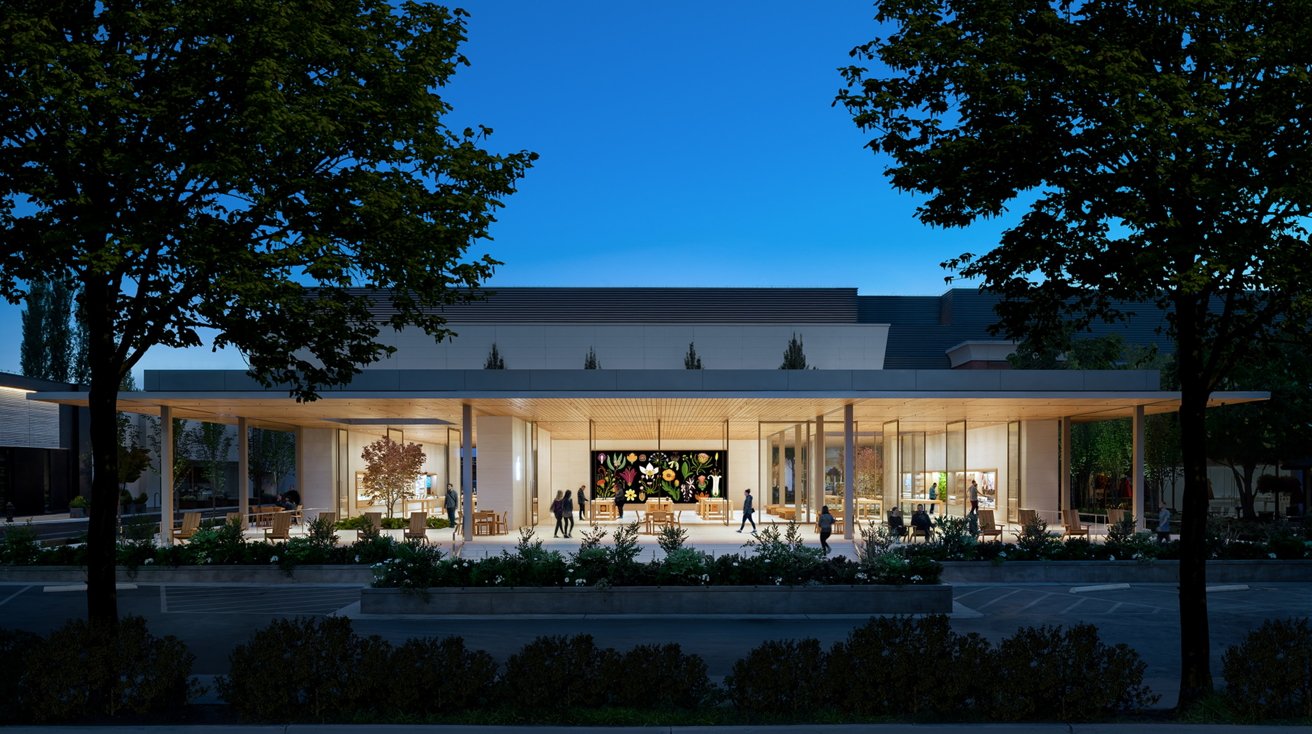


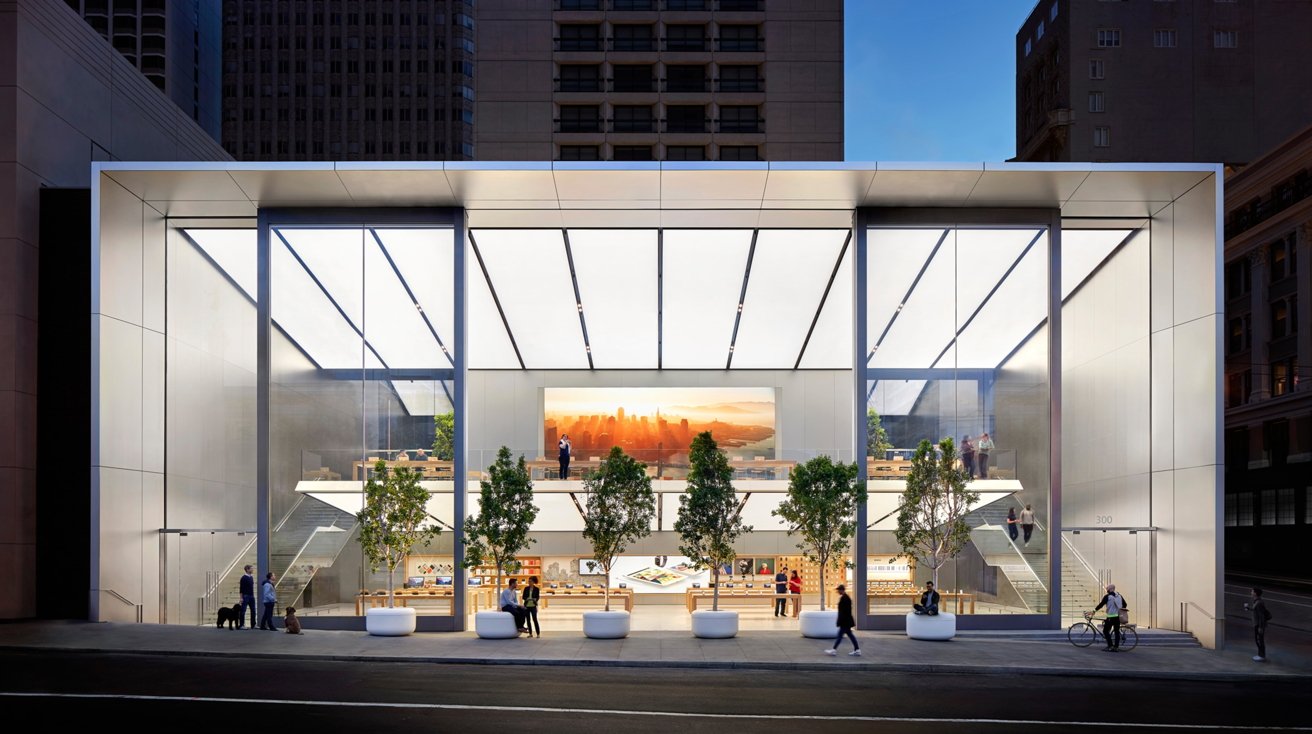
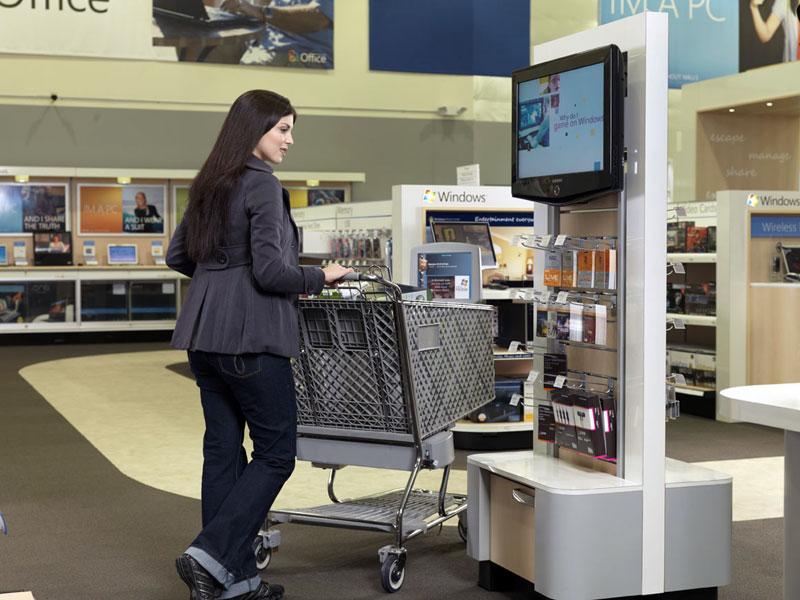
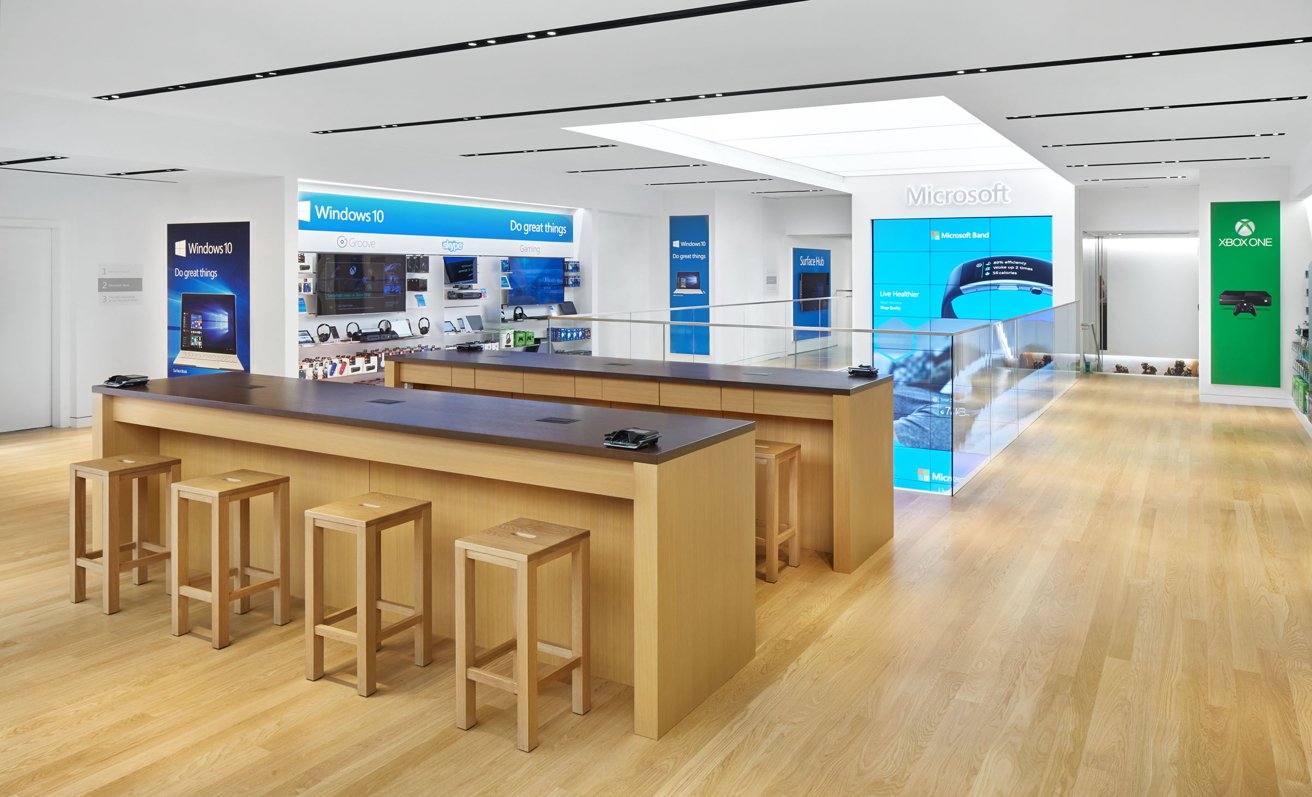
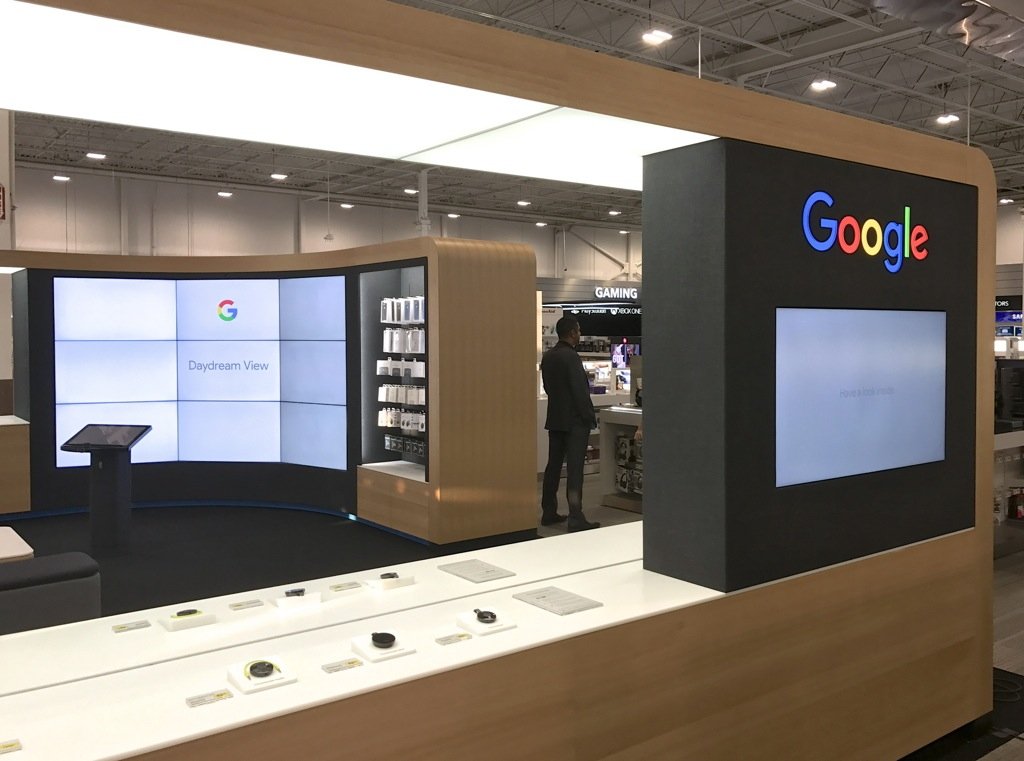
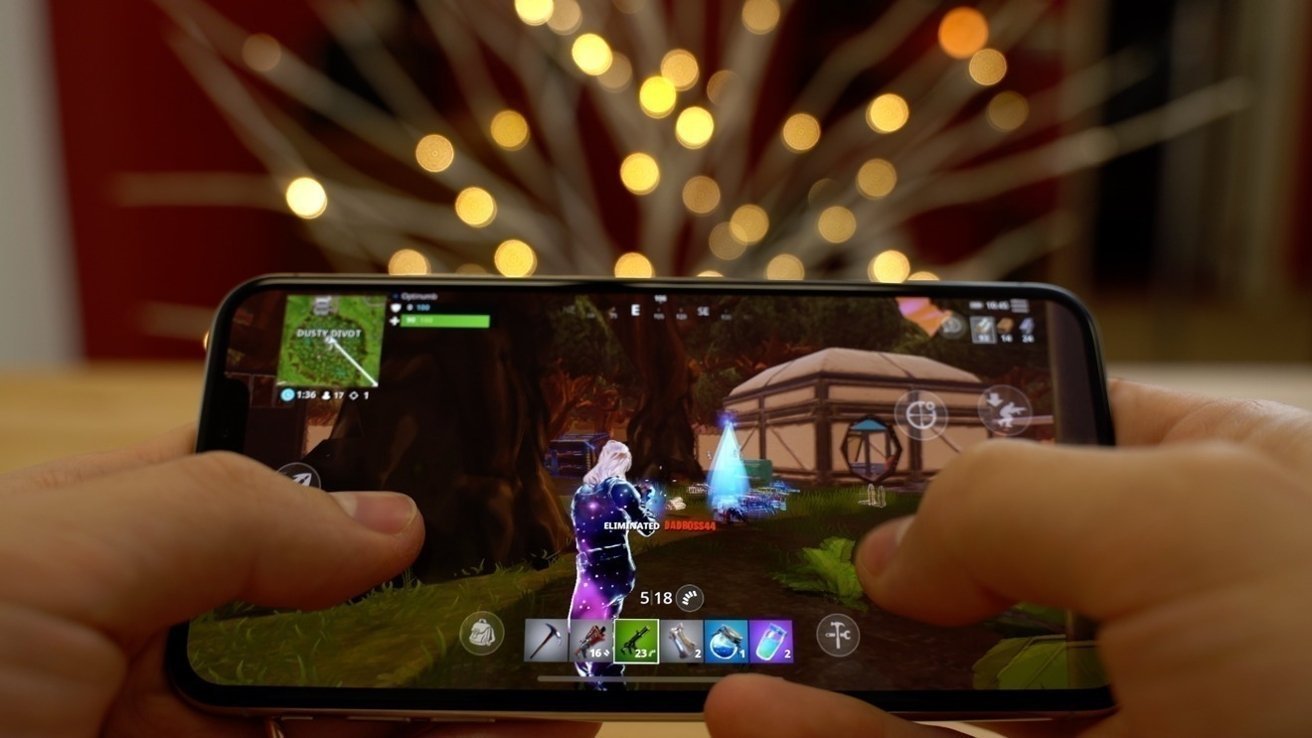







-m.jpg)






 Charles Martin
Charles Martin
 Marko Zivkovic
Marko Zivkovic
 Andrew Orr
Andrew Orr
 Amber Neely
Amber Neely

 William Gallagher and Mike Wuerthele
William Gallagher and Mike Wuerthele

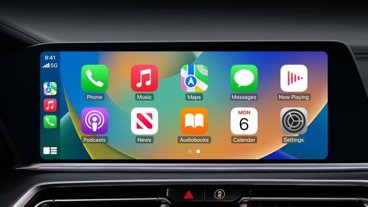








20 Comments
Happy holidays Daniel. Be safe while traveling. There’s a lot of respiratory diseases floating around along with another covid variant.
Have you ever researched all the regulation that AT&T and IBM had to endure?
Great article and love the unspoken parallels between government overreach concerning the iOS App Store and the retail stores. Because it’s pretty much the same concept.
Just an observation. The Africa landmass is larger than U.S., Europe, and China combined but there is no verified Apple store on the continent.